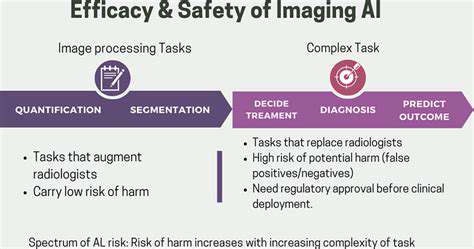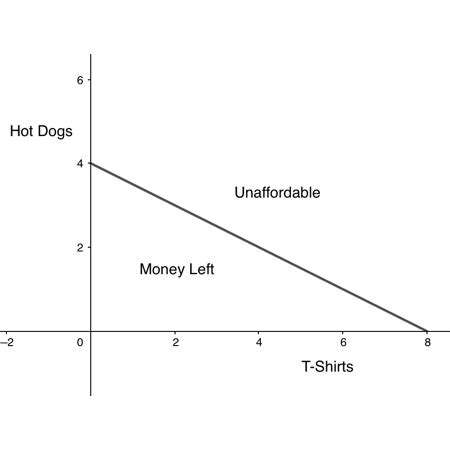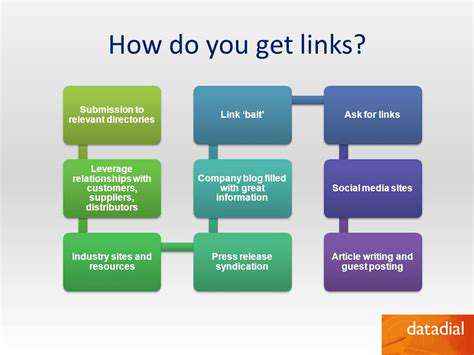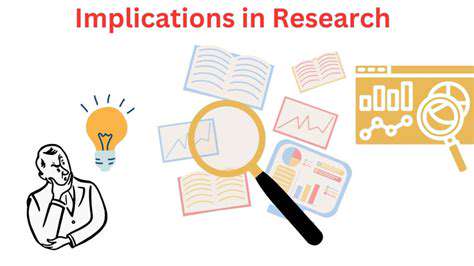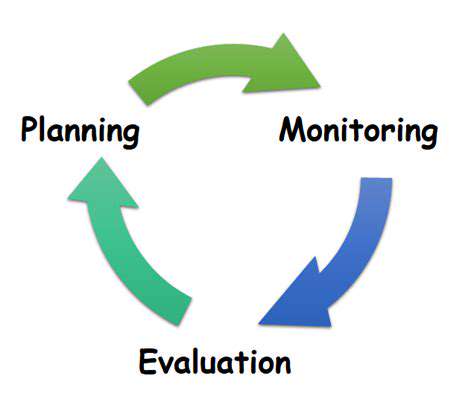Crafting a Personalized Productivity Plan for Mental Clarity
Prioritizing Tasks and Setting Realistic Goals
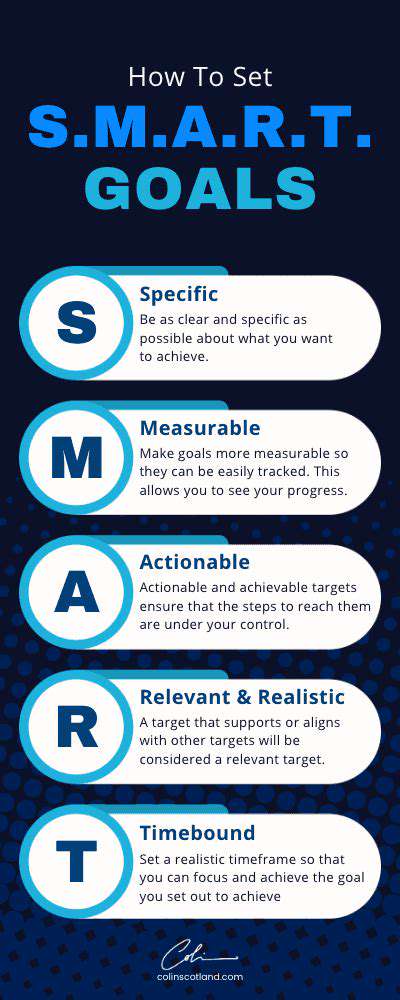
Prioritizing Tasks
Effective task prioritization is crucial for productivity and achieving goals. It involves analyzing tasks based on factors like urgency, importance, and deadlines. Understanding which tasks directly contribute to your overall objectives is key. This allows you to focus your energy and resources on the most impactful activities first, minimizing wasted effort and maximizing results.
A common method is the Eisenhower Matrix, which categorizes tasks as urgent/important, important/not urgent, urgent/not important, and not urgent/not important. This framework helps you differentiate between tasks that need immediate attention and those that can be scheduled for later. By strategically placing tasks within these categories, you can better manage your time and energy, leading to a more efficient workflow.
Setting Realistic Deadlines
Setting deadlines is a vital part of effective task management. However, setting unrealistic deadlines can lead to stress, frustration, and ultimately, decreased productivity. It's important to carefully consider the complexity of each task and allocate sufficient time for completion. Realistic deadlines allow for unexpected challenges and provide flexibility while maintaining a sense of accomplishment.
When setting deadlines, consider your current workload and any potential interruptions. Overestimating your capacity can lead to missed deadlines and a negative impact on your overall performance. Break down large projects into smaller, more manageable tasks with defined deadlines for each. This approach makes the overall goal seem less daunting and allows for better progress tracking.
Time Management Techniques
Implementing effective time management techniques can significantly improve your ability to prioritize tasks and meet deadlines. Techniques like the Pomodoro Technique, which involves working in focused intervals followed by short breaks, can enhance concentration and productivity. This method helps combat procrastination and maintain momentum.
Time blocking is another valuable technique, where you allocate specific blocks of time for particular tasks or activities. This structured approach helps you stay organized and focused, and ensures that you allocate sufficient time for each task. Time blocking helps structure your day and makes it easier to stick to a schedule, leading to improved productivity.
Creating a Productive Environment
A conducive work environment plays a significant role in task prioritization and achieving set goals. Eliminate distractions, such as social media notifications, and create a dedicated workspace to minimize interruptions and promote focus. A quiet and organized environment fosters concentration and improves productivity.
Proper lighting, comfortable seating, and adequate ventilation are essential elements of a productive workspace. These factors contribute to physical and mental well-being, which in turn influences task completion. By optimizing your environment, you can create an atmosphere that encourages focus and efficiency.
Integrating Breaks and Self-Care into Your Routine
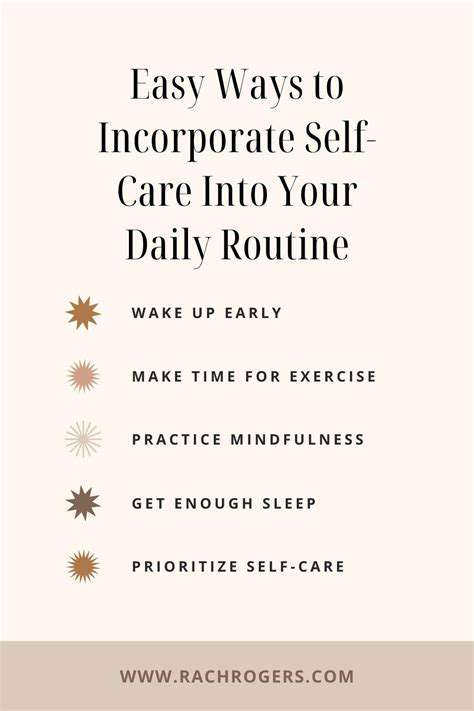
Prioritizing Breaks throughout the Day
Integrating regular breaks into your workday is crucial for maintaining focus and preventing burnout. Taking short breaks, even just a few minutes, can significantly improve your productivity and overall well-being. These breaks allow your mind and body to rest and recharge, enabling you to return to tasks with renewed energy and clarity. Scheduling these breaks in your calendar or using a timer can help you stay on track and make them a non-negotiable part of your routine.
Consider incorporating activities like stretching, taking a walk, or simply stepping away from your workspace to refresh your perspective. These brief periods of rest not only boost concentration but also reduce stress and increase your tolerance for challenging tasks.
Understanding the Importance of Self-Care
Self-care isn't just about pampering; it's a vital component of maintaining a healthy work-life balance. It encompasses a wide range of activities that nourish your physical, mental, and emotional well-being. This includes prioritizing sleep, eating nutritious meals, engaging in hobbies you enjoy, and practicing mindfulness techniques like meditation or deep breathing exercises.
Creating a Self-Care Routine
Developing a consistent self-care routine can significantly improve your overall health and well-being. A well-structured routine helps you make self-care a non-negotiable part of your life, rather than an occasional indulgence. This routine can be tailored to your specific needs and preferences, incorporating activities that bring you joy and relaxation. Start small and gradually add more elements as you become more comfortable and confident.
Consider setting aside specific times for activities like reading, listening to music, spending time in nature, or pursuing a creative hobby. Consistency is key to reaping the benefits of self-care, so aim to incorporate these activities into your daily or weekly schedule.
Linking Breaks to Enhanced Productivity
Effective breaks are not just about rest; they are an integral part of improving productivity. When you take regular breaks, you reduce mental fatigue, improve focus, and enhance creativity. This leads to a more efficient workflow and ultimately higher-quality work output. Proper breaks not only prevent burnout but also empower you to approach tasks with renewed vigor and dedication. By incorporating short, mindful breaks throughout your workday, you'll likely find that your tasks become less overwhelming and more manageable.
Implementing a Flexible Approach to Breaks and Self-Care
The key to successfully integrating breaks and self-care into your routine is flexibility. What works for one person might not work for another, so it's essential to find a method that aligns with your individual needs and preferences. Don't be afraid to experiment with different approaches and discover what strategies best support your well-being. Experiment with different types of breaks and self-care activities until you find what energizes you and helps you stay focused and productive throughout the day.
Understanding what triggers your stress and burnout is crucial to developing a personalized strategy. Observing your body's signals and adjusting your routine accordingly will allow for greater control over your work-life balance.
Read more about Crafting a Personalized Productivity Plan for Mental Clarity
Hot Recommendations
- Customized Sleep Schedules: AI Driven for Sustainable Rest
- Crafting a Personalized Productivity Plan for Mental Clarity
- Sustainable Self Compassion: Cultivating Kindness Towards Your Mind
- Sustainable Productivity Hacks for the Busy Professional
- Sustainable Wellness for Parents: Balancing Family and Self Care
- Data Informed Self Care: Designing Your Personalized Wellness Strategy
- Sustainable Wellness for a Purpose Driven Life
- AI Assisted Mindfulness: Personalized Meditations for Deeper Practice
- Building Inclusive Mental Health Services: Key Initiatives
- AI Powered Self Care: Customizing Your Routine for Maximum Impact

